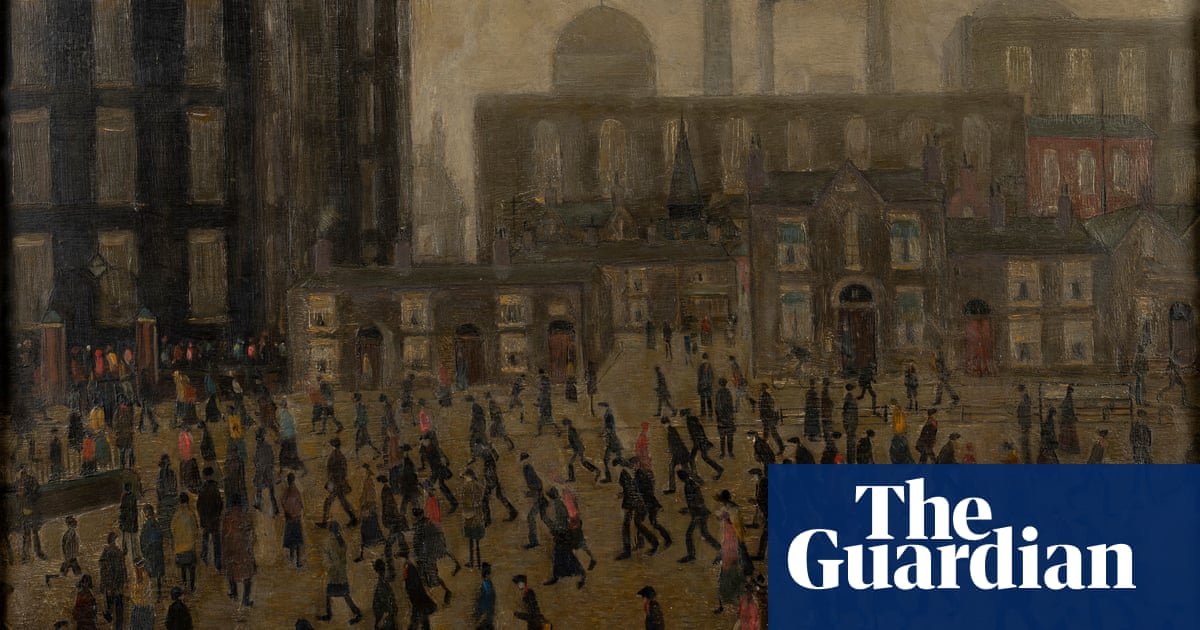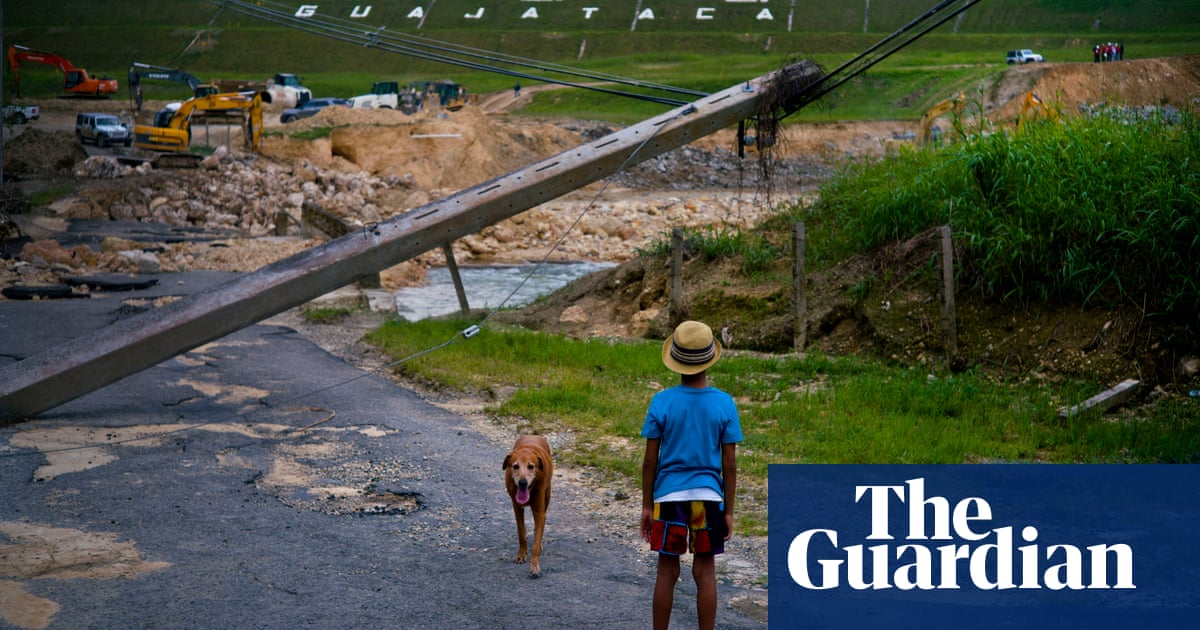On Monday, two parallel visions of Chinese activism appeared on X. One was a video showing a small protest outside a school in western Sichuan province. The other, from a related account, was a post promoting a memecoin and something it called the “$Li vision”, adding that “some of the greatest coins had a rocky start”.
The man behind both accounts is Li Ying, a Chinese art student turned activist based in Milan. His original X account, “Teacher Li is Not Your Teacher”, is one of the most prominent news feeds in the Chinese diaspora. To his nearly 2m followers, Li shares pictures and videos of happenings in China which would be censored inside the country.
Li’s second account, created to launch the “$Li community”, including a memecoin called Li, so far has fewer than 10,000 followers. He released the coin last month, he says, to “help people unite to build something together”. But his foray into cryptocurrency has divided his followers, some of whom see it as a crude attempt to monetise trust earned through activism.
Since Li started sharing videos of the White Paper protests in 2022, his account has become a hugely influential source of unfiltered information about China. The protests, led by people at breaking point after nearly three years of harsh Covid lockdown restrictions, were the biggest display of mass dissent against Communist party rule since Xi Jinping came to power.
Beijing wanted them squashed – as soon as possible. News coverage of the events inside China was swiftly censored. Those who tried to document the events were arrested. In a country where people can be punished for speaking out, the symbol of the protests became a blank sheet of white A4 paper – which protesters held aloft in their thousands.
Most western news and social media platforms, including X, are blocked inside China. But they are accessible to people who use software to jump the firewall of internet censorship. Li, then an art student in Milan, was receiving hundreds of videos a day from people desperate to tell the world what was really happening in China.
The submissions have continued long after the White Paper protests ended. His following grew into the millions, and maintaining the account soon became a full-time job.
However, life as an overseas Chinese dissident involves “tonnes of interviews” but few job prospects, says Huang Yicheng, an activist and former supporter of Li. “It’s very difficult for us to find a normal job in the west because of the political pressure … it’s very difficult to earn a living,” says Huang, who left for Germany in 2023.

Historically, anti-CCP activists have found homes in American and European universities or have secured other forms of institutional funding. But those positions are scarce, and many activists from China’s mainland, such as Huang, feel that funders nowadays prefer to support China’s minorities, such as Uyghurs and Tibetans, or Hongkongers.
That means that some, although not all, activists turn to their online audiences for support. Li Ying has information about his PayPal account on his “Teacher Li” X bio, as do Wang Dan, a veteran of the 1989 Tiananmen Square protesters, and Teng Biao, an exiled human rights lawyer.
Li says that his family in China have been harassed as a result of his activism and his Chinese bank cards have been frozen. The authorities have also cracked down on his followers. Last year, in February, several were called in for questioning by the Ministry of State Security, according to Li. He advised that people unfollow him; overnight he lost 200,000 followers. He employs a small team of people to help run his accounts using the money he receives through individual donations, but says growth has reached a “bottleneck”.
“Even though we have become the largest overseas news account, we are still in a very difficult situation,” says Li.
So on 18 December, in what Li says is an attempt “to build a decentralised overseas Chinese community ecosystem,” he launched a cryptocurrency memecoin, called Li. According to the announcement that accompanied the coin’s launch, the project team will control one-quarter of the coins, while Li himself will hold 2%. He insists that he is not motivated by profit from the project.
Li says that the coin, whose value has dropped by more than 80% since the day of its launch, will help people to “unite to build something together”. Explaining why he chose to launch a memecoin, which are notorious for being highly speculative and subject to volatile swings, rather than turning to traditional funding streams, Li says that institutional funders are often bureaucratic and slow. He also likes the decentralised ideology behind memecoins. “I have seen that many memecoins can form their own strong communities and forces … this is fascinating.”
Others were less convinced. Critics online accused Li of exploiting the trust he had built up over many years of piercing CCP censorship. “The memecoin tears apart the dissident community overseas,” says Huang, referring to the divisiveness of Li’s stunt. “And that is a very, very sad thing for the entire movement.”
Lu Yuyu, another Chinese dissident based in Canada, agrees. Li “used the attention and trust accumulated by sharing information related to the White Paper movement to promote this extremely risky memecoin”, he claims.
Some have mentioned Guo Wengui, the self-styled Chinese dissident and Donald Trump booster who in July was convicted of multiple counts of fraud and money laundering for using his online influence as a CCP critic to defraud his supporters of $1bn, including through a cryptocurrency project.
Li says that such comparisons are unjustified. His critics are suffering from a “temporary misunderstanding,” he says. “Some people do not understand cryptocurrency, especially since the Guo Wengui incident … But if I can really use this thing, I can help more people, I can build a new ecosystem, and realise the visions I wanted to do at the beginning. Then I believe that people will understand the significance of my project slowly through time”.

 3 months ago
53
3 months ago
53













































